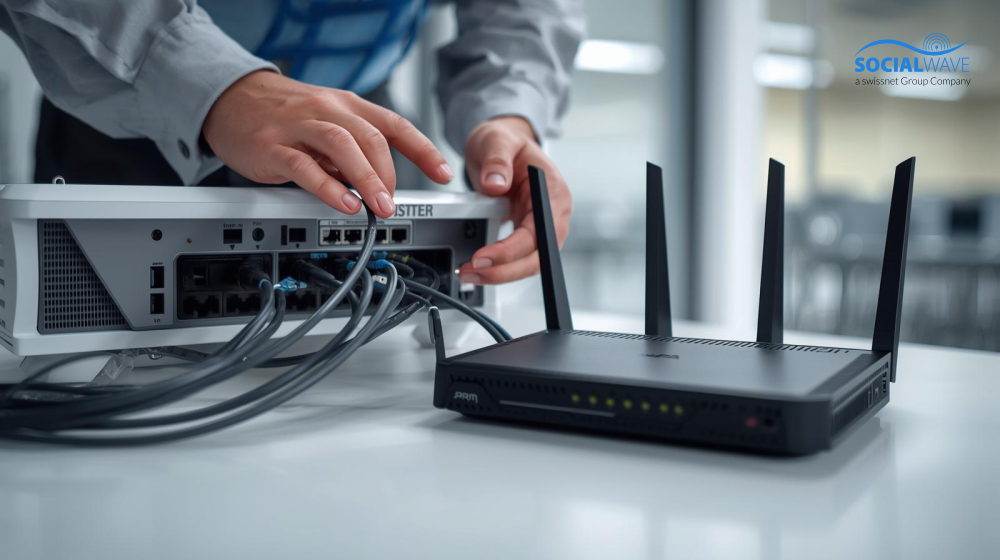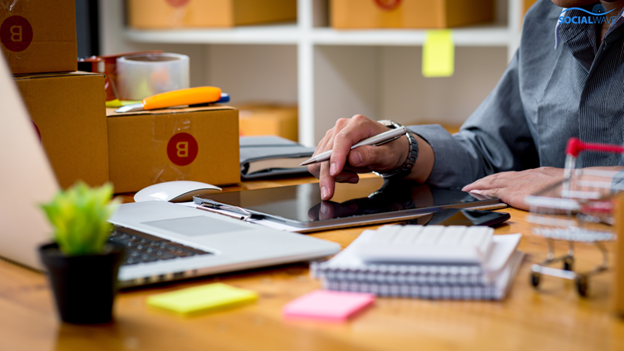Frequently asked questions about the Corona warning app
Fortunately, after bumpy initial attempts, the development of this corona warning app has not developed into a “Berlin Airport” project. The warning app was finally made available for download by the Federal Government on 16.06.2020. But how does this app work and what do you have to reveal about yourself in order to use it sensibly? We will answer all these questions in this article.
Why is such an app so important in the current time?
We are in contact with our fellow human beings everywhere in public spaces, whether it's a supermarket, public transport, playing sports or simply taking a walk in the park. Among all these people, there may also be people who have already been infected with the coronavirus. These people can infect other people very easily, even without symptoms being noticeable. After a positive corona test, the responsible health department starts following up on contacts. This task can only be completed with a great deal of time and effort and very often has gaps, as no one remembers all the people they have seen in a period of 7 days. That's where the Corona warning app comes into play. It recognizes when other people are around us. And she notifies us when it has been reported to her that one of these people has been proven to be infected. In short: It digitally supplements analog recording and thus helps to break chains of infection. It can help to keep the pandemic under control.
How does this app work?
The corona warning app should accompany us on all paths. Each time two users meet, encrypted random codes are exchanged via Bluetooth. This is what is known as the Bluetooth Low Energy Standard (BLE), which saves resources than conventional Bluetooth. These codes provide information about the interval and duration of an encounter. The app stores said random codes on the device for 14 days. According to RKI (Robert Koch Institute), the incubation period, the time from infection to the onset of the disease, covers from one day to 14 days. The data is therefore deleted from the user's smartphone after 14 days. Report an affected person via the app volunteered Your infection, your own random codes are made available to all users. On their smartphones, the warning app checks whether the contacts of the last 14 days include the random code of an infected person and whether there have been critical contacts. If it finds matches, it notifies those affected and provides clear recommendations for action. The data of the notified persons cannot be viewed at any time.
What happens with the data collected by the app?
The app is active when the smartphone is switched on and should accompany us every day. However, it will never collect any private data from us. She doesn't know our name, phone number, or location. This ensures that the app doesn't tell anyone who or where we are. Data protection is maintained over the entire period of use and for all functions.
- No registration: No email address or name is required to use the app.
- No conclusions are drawn about personal data: With every encounter with another person, only random codes are exchanged. These measure the duration and at what interval a contact has taken place. However, they do not allow any conclusions to be drawn about specific persons. There is no assessment of the position.
- Decentralized storage: All data and codes are only stored on the user's smartphone and deleted after 14 days.
- No access for third parties: The data of people who report a proven infection and the notification cannot be traced - not even for the Robert Koch Institute, the federal government, other users and not even for the operators of the app stores.
Does Bluetooth always have to be switched on?
Yes, only then can the app work - otherwise it will show a warning message. There is one exception for iOS users: If you deactivate Bluetooth via the control center, you don't switch it off completely, the app can continue working. Switching off completely is only possible via the settings menu.
Does the app always have to be open?
No, it doesn't have to be opened separately, but works in the background. Once the app is installed and the Bluetooth function is switched on, the relevant interface is active until it is specifically deactivated.
How many people need to install the app?
Whether the app can fulfill its purpose ultimately depends primarily on one factor: the number of installations. If only a few install the app, only a few can be warned of contacts with infected people or warn their contacts as infected people. Experts assume that at least 60% of the population in Germany would have to download the app. However, older people in particular often do not have a smartphone. This means that the majority of smartphone owners would have to download the app. But 60% is an average value. It is possible that this figure is reached in certain milieus or areas and not in other areas. Then the app would still have an effect. Some experts also point out that an adaptation rate of 15% or more could help contain corona. One thing is clear: An app alone cannot help against corona. It is just one component in a larger strategy against the coronavirus. It is not a substitute for other non-pharmaceutical infection control measures (masks, social distancing, etc.).








.svg)

.svg)
.svg)



